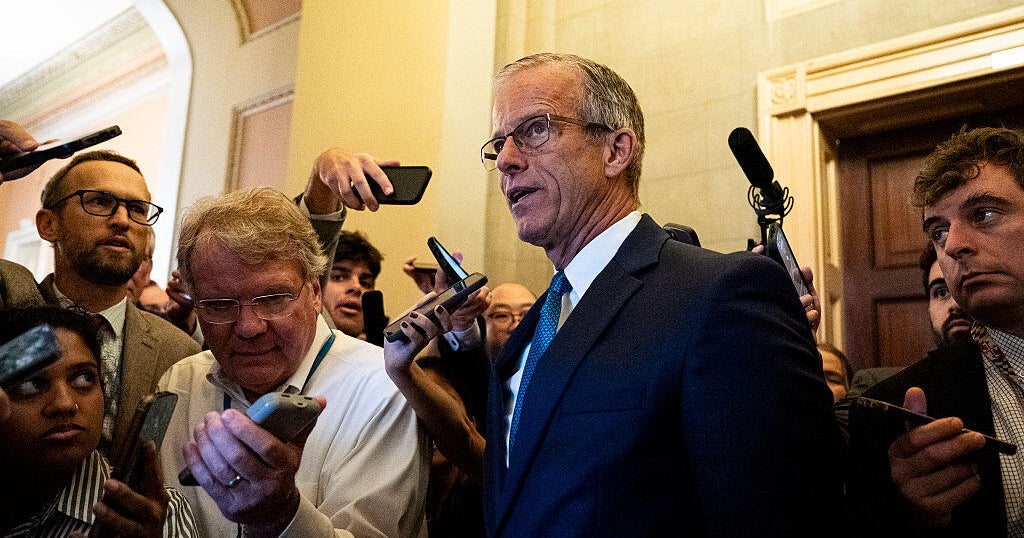Azerbaijan Shakes Off Russian Influence: A New Era of Alliances in the Caucasus?

The relationship between Russia and Azerbaijan, once considered a close partnership, is rapidly deteriorating, marking a significant shift in the geopolitical landscape of the Caucasus. Azerbaijan, increasingly assertive in its foreign policy, is actively forging stronger alliances with Turkey and Israel, signaling a clear desire to reduce its reliance on Moscow and challenge Russia's traditional dominance in the region.
For years, Russia has exerted considerable influence over Azerbaijan, leveraging its military presence and economic ties to maintain a degree of control. However, Azerbaijan's recent actions suggest a growing frustration with this dependence and a determination to chart its own course. The conflict over Nagorno-Karabakh, which saw Azerbaijan reclaim control of the disputed territory in 2020 with significant Turkish support, served as a pivotal moment, exposing the limits of Russian influence and emboldening Azerbaijan to pursue alternative partnerships.
Azerbaijan's Pivot to Turkey and Israel
The deepening ties with Turkey are particularly noteworthy. Ankara has provided Azerbaijan with crucial military assistance, including drones, which proved instrumental in the Nagorno-Karabakh conflict. Beyond military cooperation, Turkey and Azerbaijan share cultural and linguistic similarities, fostering a strong sense of camaraderie and mutual support. Economic partnerships are also expanding, with Turkish companies investing heavily in Azerbaijan's energy and infrastructure sectors.
Relations with Israel have also intensified. Israel has become a significant supplier of military technology to Azerbaijan, further enhancing its defense capabilities. The two countries also cooperate on energy projects and share concerns about regional security threats, particularly from Iran.
Russia's Response and the Implications
Moscow's reaction to Azerbaijan's evolving alliances has been one of increasing concern and frustration. While Russia maintains a peacekeeping force in the region, its ability to influence events has diminished considerably. Russia's attempts to mediate between Azerbaijan and Armenia, the other key player in the Nagorno-Karabakh conflict, have yielded limited success, further undermining its credibility.
The shifting dynamics in the Caucasus have significant implications for regional stability and the broader geopolitical order. A weaker Russian presence could embolden other countries in the region to challenge Moscow's influence, potentially leading to increased instability. Conversely, a more diversified and independent Azerbaijan could become a more reliable partner for the West, contributing to greater security and economic prosperity in the region.
Looking Ahead
The future of Russia-Azerbaijan relations remains uncertain. While a complete rupture is unlikely, a sustained period of tension and competition seems inevitable. Azerbaijan's pursuit of closer ties with Turkey and Israel represents a fundamental shift in its foreign policy, reflecting a desire for greater autonomy and a more diversified network of alliances. The Caucasus region is entering a new era, one characterized by shifting power dynamics and a more complex geopolitical landscape.






